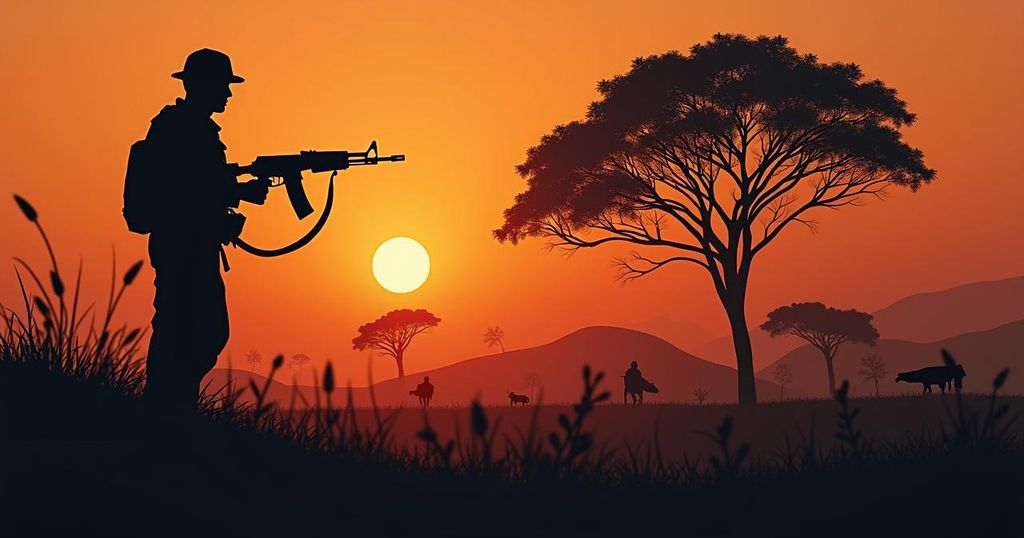Disinformation Operations: Russia’s Strategic Maneuvering in Africa

Russia is enhancing its influence in Africa through the Russosphère network, which shares disinformation that vilifies Western nations, particularly France, and praises Russian entities, including Wagner Group. Initiated around the time of the Ukrainian conflict, the network is linked to Luc Michel, whose past affiliations amplify his role in driving anti-Western sentiments, complicating diplomatic relations between African nations and the West.
Russia is employing disinformation campaigns in Africa to boost its influence, particularly at the expense of France in former colonies. The primary vehicle for this effort is a social media initiative known as Russosphère, which promotes anti-Western sentiments, glorifies Vladimir Putin, and portrays the Ukrainian military in derogatory terms. The network also praises Wagner Group’s mercenaries and actively recruits individuals for service. Analysts attribute a decline in Western support and increasing distrust between African nations and the West to such misinformation campaigns. The origins of Russosphère can be traced back to 2021, gaining traction in February 2022 amidst the Russian invasion of Ukraine when mainstream Russian media faced restrictions on social platforms, paving the way for this initiative to flourish on platforms such as Facebook and Telegram. The campaign’s realization and coordination stem from one Luc Michel, a Belgian politician with a complex history of promoting Russian interests in Africa. Despite his claims of no direct financial backing from Russia, his activities and connections reveal a consistent alignment with pro-Russian narratives. The implications of these efforts are significant. Luc Michel’s exploitation of local grievances provides fertile ground for Russia’s agenda, contributing to anti-French demonstrations and calls for stronger ties with Russia across various African nations. The breakdown in Franco-African relations is evident, with military withdrawals from countries such as Mali, stimulated by an undercurrent of pro-Russian sentiment fostered by misinformation. The situation signifies a broader geopolitical struggle in Africa, where the Russian narrative increasingly resonates, complicating Western diplomatic and military efforts in the region.
The geopolitical landscape in Africa has become increasingly influenced by various international actors, including Russia. Historically, France has maintained strong ties in its former colonies; however, recent years have seen a decline in these relationships amid growing disaffection and the rise of anti-Western sentiment. Russia’s involvement, particularly through disinformation campaigns using social media, has targeted this dissatisfaction, actively promoting narratives that diminish Western influence whilst elevating Russia’s status. The discovery of the Russosphère network and its coordination by Luc Michel illustrates a targeted strategy to leverage existing tensions and grievances to Russia’s advantage in the continent, particularly against French interests.
In summary, the disinformation operations led by the Russosphère network exemplify Russia’s strategic engagement in Africa, aimed at undermining Western presence and fostering pro-Russian sentiment. The orchestration of these campaigns, primarily facilitated by individuals like Luc Michel, demonstrates the effective exploitation of local grievances, further deepening the chasm between African states and their former colonial powers. As Western nations grapple with the implications of this burgeoning pro-Russian sentiment, the geopolitical dynamics in Africa continue to evolve, necessitating a nuanced understanding of the region’s complexities and the role of disinformation in shaping public opinion.
Original Source: www.bbc.com







